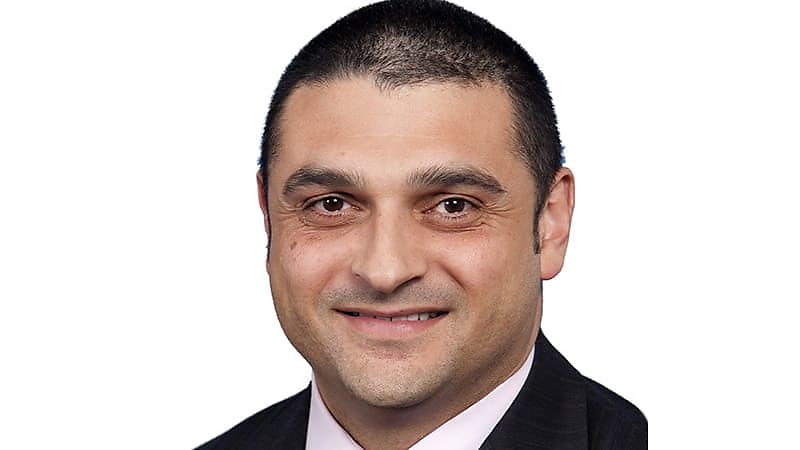SMSF insurance strategies flagged for Gen X clients
With almost two-thirds of SMSFs now being set up by generation X, an SMSF services provider has highlighted some of the strategies that might appeal to clients of this age group.
In a recent article, SuperConcepts executive manager, SMSF technical Nicholas Ali noted that the ATO’s statistics for the June quarter revealed that almost one-third of all new SMSFs established during that quarter were set up by the 35-44 age group.
“When the data is analysed further and expanded to include the 45-49 and 50-54 age brackets, almost two-thirds of all SMSFs established are done so by Generation X,” said Mr Ali.
Mr Ali said that the term generation X usually covers the generation born in the late sixties to early eighties, although this can vary across different sources.
“Generation X were the first generation to be introduced to computers, video games and the digitisation of the economy.
“Thus, they are a tech-savvy generation that gets their information from a wide variety of sources. They are also entrepreneurial, self-driven and independent thinkers. They are, in fact, the ideal candidate for an SMSF.”
Given that this demographic tends to have young or dependent children and high debt levels, one of the strategies that SMSF professionals may want to explore for these clients is insurance, explained Mr Ali.
“The insurance proceeds can be paid to members, their spouses and children in a tax-effective manner. Also, the premiums for said insurance are paid by the fund rather than the member having to pay them personally (as an added bonus, the premiums may also be tax deductible),” he noted.
“Therefore, death and TPD (total and permanent disability) insurance within the fund to cover the death or disability of a member is a prudent strategy.”
In the unfortunate event of death or disability, Mr Ali said there is an added benefit with policies of insurance that could result in substantial tax deductions for the fund to carry forward to future years.
“This is particularly attractive to Gen Xers with young families.”
“Rather than claiming the tax deduction for the insurance premiums in the relevant financial year, the SMSF instead claims a deduction for the bring-forward of future years’ deductions on premiums that would have been paid, providing insurance cover to the member up to retirement age (in the case of this particular strategy retirement age is considered 65).”
Mr Ali reminded SMSF professionals that this deduction can apply to a death benefit, terminal illness benefit disability superannuation benefit or a temporary incapacity income stream payment.
“The key benefit of this strategy is that the tax deduction claimed for future liability can be quite a large amount (depending on how far away the member is from age 65). The deduction created with this strategy may be greater than the deductions available for any future insurance premiums,” he explained.
“If the deduction available is substantial, the amount the fund does not use in the financial year can be carried forward to future financial years for the benefit of other fund members in the accumulation phase; to offset tax payable on assessable fund income and concessional contributions.”
He noted, however, that once the trustee elects to claim a tax deduction for the future liability benefit, it cannot claim insurance premiums for other fund members in coming years.
“That is the main reason it is a strategy that only applies to SMSFs.”
“Of course, any strategy needs to consider the specific situation of each fund member, and the future service deduction may not be applicable in certain circumstances. Notwithstanding that fact, an SMSF that successfully claims the Future Service alternate opens some great planning opportunities for those who remain and for future generations.”

Miranda Brownlee
Miranda Brownlee is the deputy editor of SMSF Adviser, which is the leading source of news, strategy and educational content for professionals working in the SMSF sector.
Since joining the team in 2014, Miranda has been responsible for breaking some of the biggest superannuation stories in Australia, and has reported extensively on technical strategy and legislative updates.
Miranda also has broad business and financial services reporting experience, having written for titles including Investor Daily, ifa and Accountants Daily.








